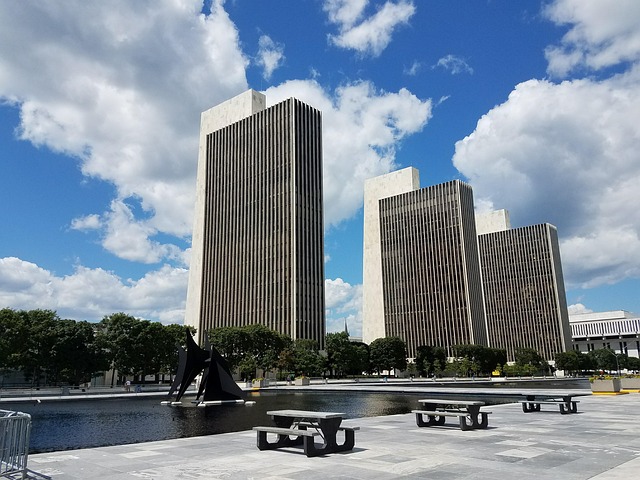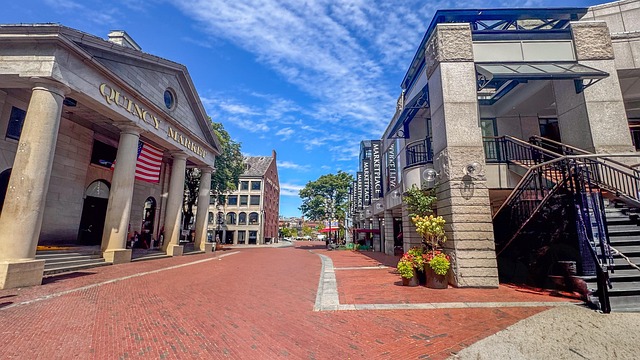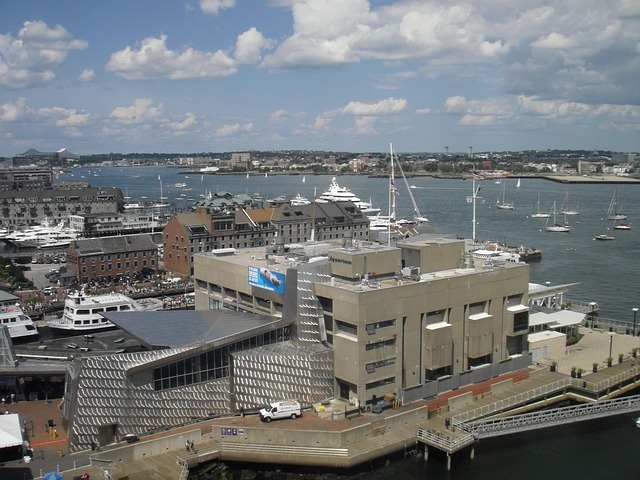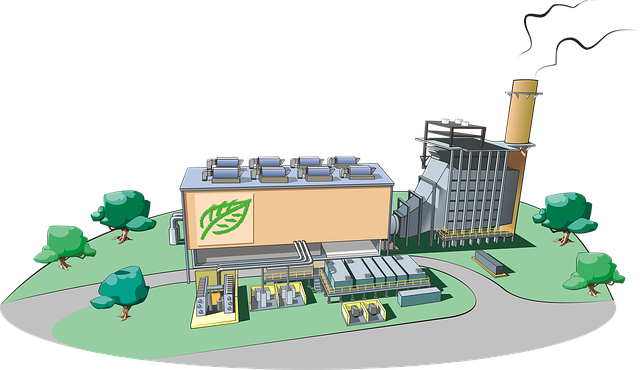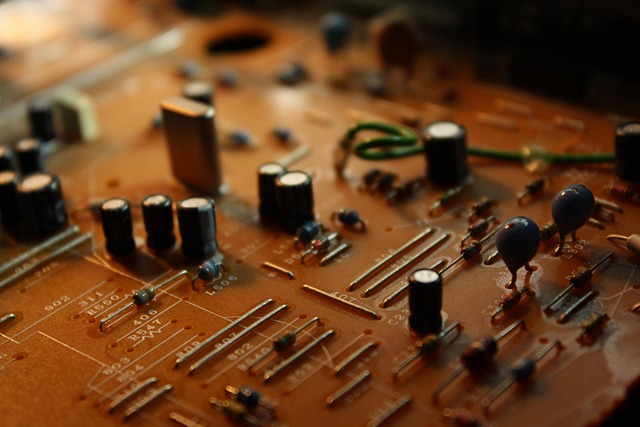Boston's tech industry contributes to a growing e-waste problem with hazardous materials. Nonprofits educate and promote sustainable practices for responsible e-waste disposal. Electronics recycling Boston is a leading solution, reducing environmental impact, reclaiming valuable materials, and fostering sustainability through community engagement and regular collection drives.
Boston, like many cities, faces the challenge of e-waste management. This article explores environmentally friendly solutions for electronic waste (e-waste) in the city, focusing on sustainable practices and community involvement. We delve into the impact of e-waste on Boston’s environment and highlight the crucial role of electronics recycling as a green initiative. Additionally, we discuss community engagement strategies that enhance Boston’s e-recycling efforts, fostering a greener future for the metropolis.
- Understanding E-Waste and Its Impact on Boston's Environment
- The Role of Electronics Recycling in Sustainable Solutions
- Community Engagement: Boosting Boston's Green Recycling Initiatives
Understanding E-Waste and Its Impact on Boston's Environment

Boston, like many cities, faces a growing challenge with e-waste accumulation, which poses significant environmental risks. E-waste refers to discarded electronic devices and components, including computers, phones, and appliances. Improper disposal can lead to severe ecological damage due to the presence of hazardous materials such as lead, mercury, and cadmium. These toxic substances can contaminate soil and water sources if not handled and recycled correctly, affecting both wildlife and human health.
The city’s environmental health is at stake, especially with Boston’s tech industry thriving. To mitigate this issue, efficient e-waste collection systems are essential. Thankfully, numerous initiatives offer convenient electronics recycling Boston services to ensure responsible disposal. Nonprofits play a pivotal role in promoting safe handling of e-waste containing toxics by educating the public and implementing sustainable practices. By making e-waste collection made easy for residents, these organizations contribute to a greener future, preventing valuable resources from ending up in landfills.
The Role of Electronics Recycling in Sustainable Solutions

In the quest for sustainable solutions to e-waste management, electronics recycling Boston stands as a beacon of hope. This eco-friendly practice involves the responsible recovery and processing of discarded electronic devices, including computers, mobile phones, and tablets. By embracing electronics recycling in Boston, residents and businesses contribute to a circular economy by reducing the demand for virgin resources and minimizing environmental impact.
Beyond its ecological benefits, proper electronics recycling Boston offers numerous advantages. It ensures that valuable materials are reclaimed from outdated gadgets, preventing them from ending up in landfills where they can leach toxic substances into the soil and groundwater. Furthermore, recycling restrictions on electronics encourage a more mindful approach to technology disposal, fostering a culture of sustainability. This initiative also opens up various disposal options for outdated electronics, ensuring that no form of e-waste goes unused or unrecycled.
Community Engagement: Boosting Boston's Green Recycling Initiatives
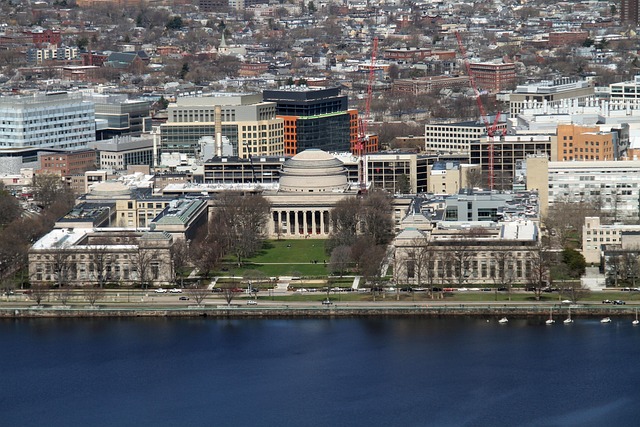
Boston’s commitment to environmental sustainability is evident through its active promotion of green initiatives, particularly in electronics recycling. The city has been leading the way by organizing regular e-scrap collection drives, ensuring that residents have access to efficient means of disposing of their outdated or broken electronics. These drives not only encourage responsible recycling but also educate folks on what can be recycled at e-waste sites, including items like computers, phones, and small home appliances.
Community engagement plays a pivotal role in Boston’s success. By fostering partnerships with local organizations and schools, the city has been able to raise awareness about the environmental impact of e-waste and promote responsible recycling practices. Educating residents on these matters ensures that the city continues to move towards a greener future while also contributing to global efforts in managing electronic waste responsibly.
Boston is making strides towards a greener future by addressing its e-waste problem through innovative solutions. By promoting electronics recycling Boston initiatives and engaging the community, the city can significantly reduce environmental impact. The key lies in a collective effort to embrace sustainable practices, ensuring that old electronics are recycled responsibly while fostering a culture of eco-awareness. Through continued collaboration and education, Boston can serve as a model for effective e-waste management, benefiting both its residents and the planet.







